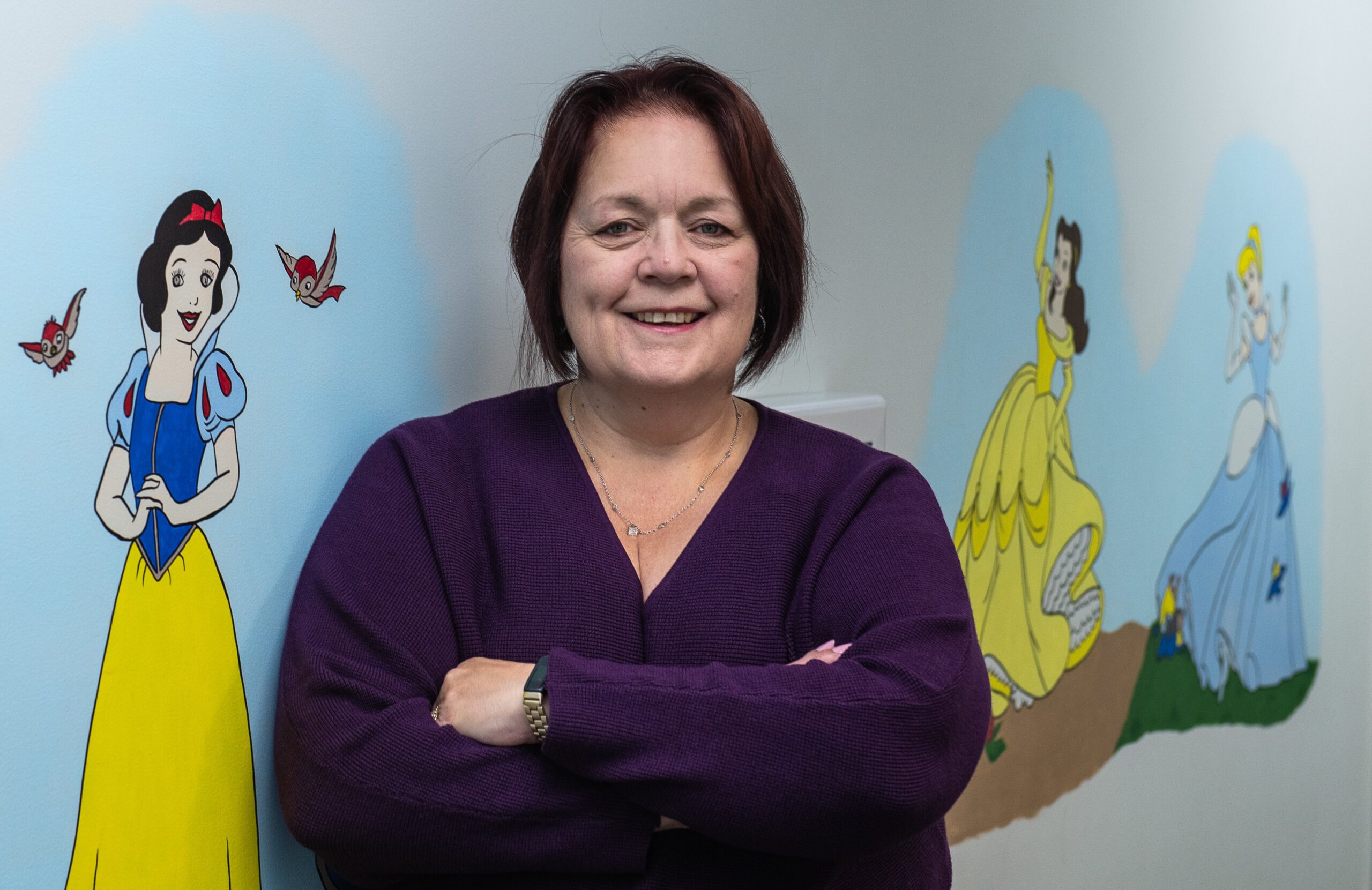In Maine, physicians are increasingly addressing parental concerns regarding vaccines as federal guidelines shift. Dr. Linda Glass, a pediatrician at Pediatric Associates in Lewiston, notes a rise in inquiries from parents who want to ensure their children’s safety. She emphasizes that these questions are valid, reflecting parents’ deep care for their children’s health.
Dr. Glass explains, “The majority of what we normally hear is, No. 1, safety, because everybody loves their children and they want them to be safe.” Despite the growing number of questions, health care providers assert that fear surrounding vaccines is unwarranted. Historically, vaccines have demonstrated their effectiveness in reducing preventable diseases, with benefits significantly outweighing potential risks.
The COVID-19 pandemic has intensified discussions about vaccinations. The recent adjustments to vaccination schedules, particularly for childhood vaccines, have added to the uncertainty that parents face. For decades, a consensus existed among national medical organizations and the federal government regarding childhood vaccination schedules. The American Academy of Pediatrics lays out a comprehensive vaccination timeline for children, covering over a dozen vaccines, including those for flu, measles, mumps, rubella (MMR), COVID-19, hepatitis A and B, meningitis B, and HPV.
Changes emerged after a meeting on September 18, 2023, when the Advisory Committee on Immunization Practices (ACIP), part of the Centers for Disease Control and Prevention (CDC), revised recommendations for the updated COVID-19 vaccine. The committee advised that this vaccine should only be available without a prescription to individuals aged 65 and older or to those aged 6 months and older with underlying health conditions. For others, a prescription would be necessary before administering the shot.
In response, Maine Governor Janet Mills issued an order allowing health care providers to offer the COVID-19 vaccine to anyone aged 6 months or older, regardless of prescription requirements. Additionally, the Immunization Committee advised separating the combined measles, mumps, rubella, and varicella (MMR-V) vaccine for children under 4 years old, a departure from the previous standard of administering these vaccines together at age 1.
The ongoing debates also touch on the administration of the hepatitis B vaccine, which is typically given to newborns. During the same September meeting, discussions on altering the recommended age for this vaccine were postponed indefinitely. Dr. Glass pointed out that parents are increasingly questioning the necessity of administering the hepatitis B vaccine at birth, with some opting to delay it until after leaving the hospital.
Statistics illustrate the impact of vaccines on public health. Since the hepatitis B vaccine was first recommended for infants in 1991, reported cases of acute hepatitis B have decreased from over 15,000 to fewer than 5,000 in 2023. The CDC indicates that administering this vaccine at birth reduces the risk of mother-to-child transmission by 75%.
Dr. Glass highlighted the importance of the HPV vaccine, which has been shown to prevent cervical cancer. Since its introduction approximately 20 years ago, the rate of cervical cancer has gradually declined, with cases dropping from 11 per 100,000 in 1992 to 7 per 100,000 in 2022, according to the National Cancer Institute. The CDC estimates that around 35,000 cancers attributed to HPV from 2017 to 2021 could have been prevented through vaccination.
Despite the documented success of vaccines, Dr. Glass noted that discussions around HPV can be challenging for parents due to its sexual transmission route. She reassured that the benefits of the HPV vaccine outweigh any perceived risks.
Family physician Steve Bien from Farmington echoed Dr. Glass’s sentiments, citing a noticeable decline in cases of preventable diseases such as chickenpox and meningitis due to vaccination efforts. He remarked, “Vaccines are a victim of their own success. Because there are not many cases of these preventable diseases anymore, people forget how horrible they can be.”
The increase in the number of vaccines administered to children can also lead to apprehension among parents. Children may receive multiple vaccines during a single visit, which can be an overwhelming experience for both the child and the parent.
Dr. Glass observed that many parents express concerns primarily about newer vaccines, such as those for flu and COVID-19, which are regularly updated. The rapid development of the COVID-19 vaccine has contributed to a growing mistrust of government and public health initiatives. Dr. Bien noted that some individuals perceive public health legislation as intrusive rather than beneficial.
As parents turn to online sources for information, there is a notable shift in how they approach discussions with their physicians. Despite this, Dr. Bien remains confident in the positive impact of immunizations on public health. He emphasized that Maine’s strong public health program will continue to uphold best practices in vaccination.
Dr. Glass encourages parents to ask questions without fear. She believes that open communication with healthcare providers is essential for understanding the risks and benefits of vaccines. “You need to know both sides before you make decisions because you’re not going to have a perfect immunization,” she stated.
Ultimately, Dr. Glass hopes to alleviate fears surrounding vaccinations, urging that curiosity should not translate to apprehension. “Questioning doesn’t mean it’s wrong; questions are questions.”



































































